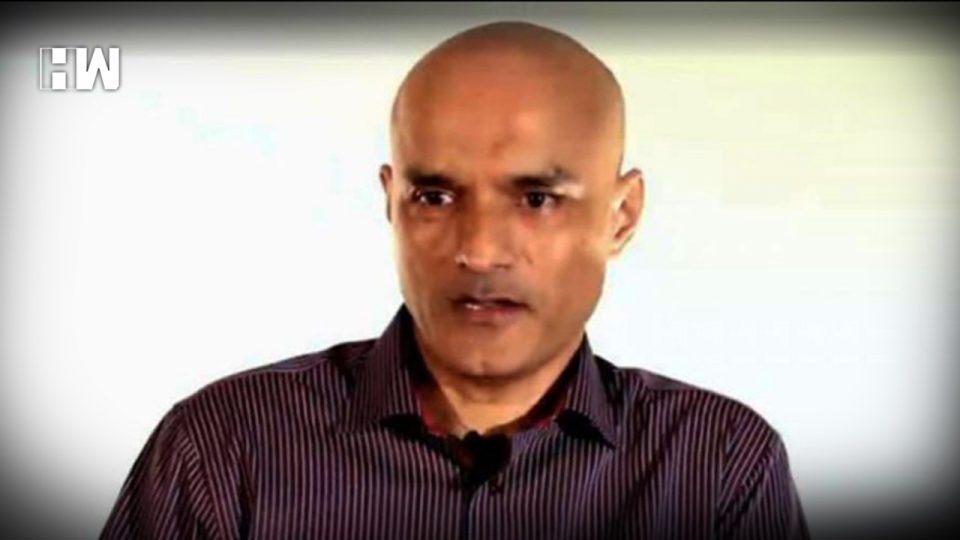The bench led by Yusuf had ordered an “effective review and reconsideration of the conviction and sentence of Mr. Kulbhushan Sudhir Jadhav
New Delhi: Under the Vienna Convention in the case of Indian national Kulbhushan Jadhav Pakistan violated its obligations, the International Court of Justice (ICJ) President Judge Abduylqawi Yusuf told the United Nations, General Assembly.
Presenting the report of the International Court of Justice to the 193-member UN General Assembly on Wednesday, Mr Yusuf said that the judgment of July 17 the principal judicial organ of the United Nations found that Pakistan had violated its obligations under Article 36 of the Vienna Convention and that appropriate remedies were due in this case.
Also Read: Pakistan committed to implementing ICJ’s decision in Kulbhushan Jadhav case: Official
In a major victory for India, the ICJ had ruled that Pakistan must review the death sentence awarded to Jadhav, a retired Indian Navy officer who was sentenced to death by the Pakistani military court on charges of “espionage and terrorism” after a closed trial in April 2017. India had argued that consular access was being denied to its national in violation of the 1963 Vienna Convention on Consular Relations.
The bench led by Yusuf had ordered an “effective review and reconsideration of the conviction and sentence of Mr Kulbhushan Sudhir Jadhav.
Presenting the ICJ report to the 193-member General Assembly on Wednesday, Yusuf elaborated on several aspects of the court’s ruling in Jadhav’s case.
Also Read: “Kulbhushan Jadhav guilty of committing crimes against Pakistanis”: Imran Khan
Yusuf said one of the issues that the court had to examine was the question of whether the rights relating to consular access, set out in Article 36 of the Vienna Convention, were in any manner to be excluded in a situation where the individual concerned was suspected of carrying out acts of espionage.
The court noted in regarding that there is no provision in the Vienna Convention containing a reference to cases of espionage; nor does the Article concerning consular access, Article 36, exclude from its scope certain categories of persons, such as those suspected of espionage. Therefore, the court concluded that Article 36 of the Vienna Convention was applicable in full to the case at hand, said Yusuf.
India had welcomed the verdict of the International Court of Justice, saying that the ruling of the court by a vote of 15-1 upheld India’s position in the case.
As an independent media platform, we do not take advertisements from governments and corporate houses. It is you, our readers, who have supported us on our journey to do honest and unbiased journalism. Please contribute, so that we can continue to do the same in future.

